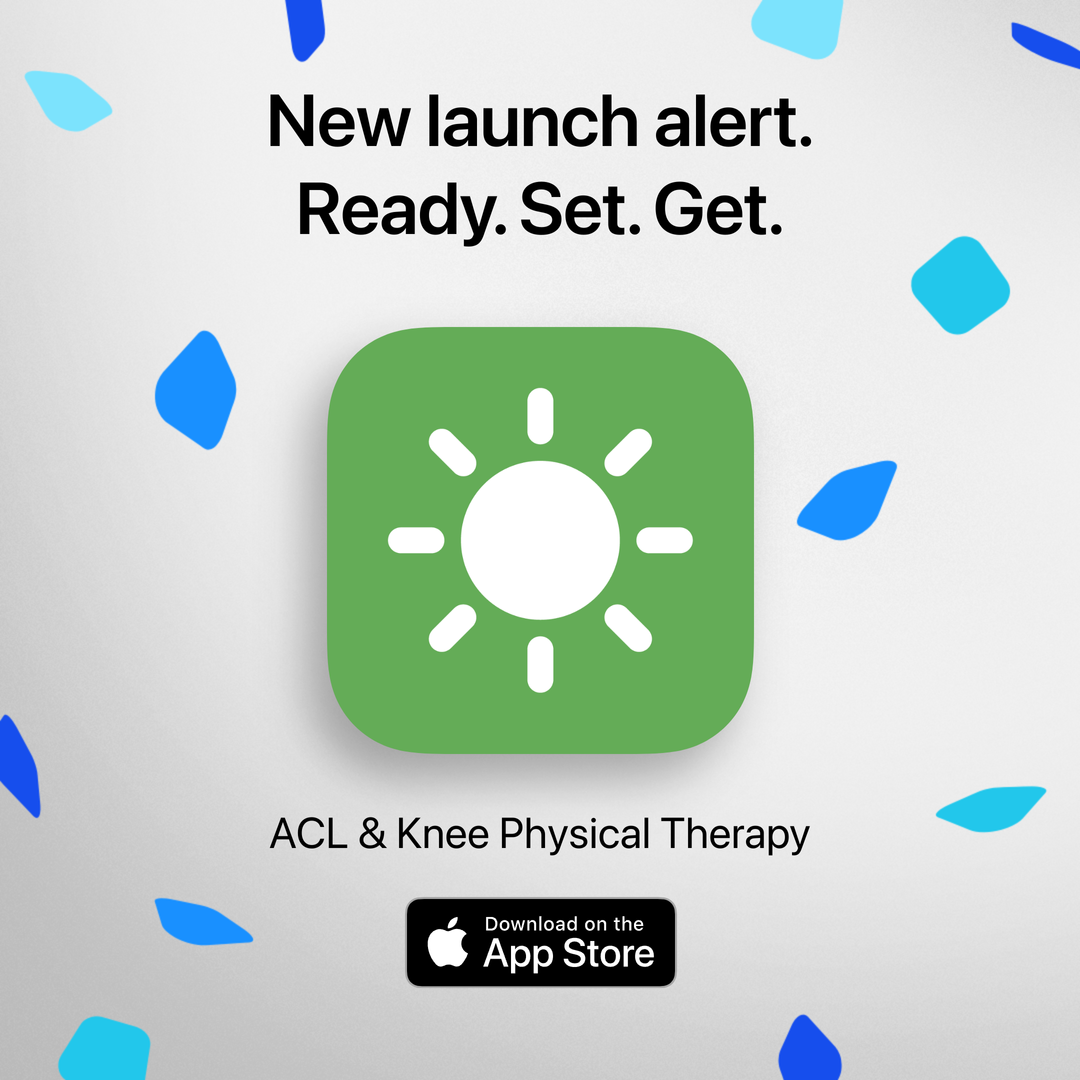Image by Rido via Canva
Struggling with motivation to keep up with your exercises at home? Look no further! Previously we discussed some of the reasons why people find it challenging to do their rehabilitation exercises. In our previous blogs, we looked at how fear and pain or a lack of time and equipment can affect a person’s willingness to do their exercises to recover after injury or surgery. Staying motivated and enjoying your rehabilitation program is critical to recovery. I will discuss how these two factors effect a patient’s commitment toward their rehabilitation and include tips from our physical therapist to help you along the way.
Motivation
Motivation is having the desire to do something.[1] We tend to do things because it is personally rewarding to us, or for an external reward like money or a trophy. In the case of exercising at home after injury or surgery, motivation is a huge factor that determines your success. Some people need an outside influence to maintain and/or increase their motivation, such as the presence of their physical therapist or other health care provider.[2] For this reason, a lack of self-motivation is a barrier to completing exercises on their own. Some people have higher levels of intrinsic motivation, which can be thought of as being “self-motivated,” and are more likely to complete their home exercises.[3] The more motivation you have on your own, the more likely you will do your exercises at home without your physical therapist and increase your chances of a successful recovery.
Physical Therapy Advice
After reading the section above, many of you might be thinking,"I am not one of those self-motivated people! What can I do?" Here are some tips I have learned from working with patients over the past 17 years, and brilliant suggestions from my patients who have figured out the key to their own personal motivation:
- Set an achievable goal! If you love soccer and you want to get back to playing let that be your long term goal after injury or surgery. In rare cases returning to sports is not recommended after injury or surgery but this can be discussed with your health care provider.
- Find other people who have gone through the same thing and talk to them about their journey. This can be done face to face but more and more people are finding this community and support on-line. One of these examples is the ACL Recovery Club which is an online community for people after ACL injury or surgery. It helps to know others have gone through the same challenges and have had successful recoveries.
- Give yourself real or virtual rewards! Yes, it sounds odd, but even virtual rewards that are meaningful to you can make you more motivated. We have a simple system of stars and trophies within our ACL app that helps people stay motivated to do their daily exercises. Research has shown that even virtual rewards are effective to motivate people.
- Track your progress! It is hard to be excited about knee movements or being able to lift your leg without pain but these will be some of your initial goals after surgery. Having a method to track your progress either on a piece of paper, a chart or an online or app tracker will keep you motivated. When you use our ACL app, it tracks all of your progress daily for your exercises, knee movements, and achieved goals without ever having to write anything down. The easier it is to track your progress, the more likely you will be to continue doing it!
Lack of Enjoyment
When it comes to completing your rehabilitation exercises there may be times where you feel like you would rather be doing something else, especially if you are doing your exercises at home by yourself. After an ACL injury, most of the exercises given to patients by their physical therapist are low-intensity and may not be very exciting depending on the stage of recovery. Some people report that the exercises they do are “boring, mundane, and a waste of time,”[2] and this discourages them from following their rehabilitation program. In order to commit to your rehabilitation program, it is important that you enjoy what you are doing, especially since recovery takes months and not days.
Physical Therapy Advice
This is a tough area to advise patients since I can't make anyone love their exercises. Here are some tips that can help:
- Pair your exercises with an activity that you love. You can do your exercises while watching your favourite show, listening to some great music or a podcast or watching a sporting event on TV.
- Make sure that you have a long term goal that will make the exercises that you are doing have some purpose and meaning. It is hard to enjoy leg raises but if you know that this will let you be more independent in walking and eventually jogging this might lead to you enjoying your exercises. In our ACL app, jogging starts at 3 months!
- Look into the future! It is important to remember why you are doing your exercises. Look at the later stages of your rehabilitation and this might get you excited about what you can do in a month or 3 months. Our ACL app provides you with weekly goals on the "Journey" page, and this feature allows you to look at your goals currently but also throughout the entire rehabilitation process.
- Do your exercises in a place that you love. Some people love the gym and some people love their living room. I encourage these people to workout in that space so that they feel better about what they are doing. Even if this means going to the gym to do knee bending exercises.Remember this process is hard but the exercises have been designed to allow you to return to all of those activities that you love.
For more information about rehabilitation exercises check out Curovate. Curovate is a rehabilitation app designed for knee replacement, hip replacement and ACL injury. With step by step videos, progress tracking and the ability to measure your range of motion, Curovate lets you start your recovery at home to get back to the things you love!
If you need further customized assistance during your surgery or injury recovery check out our Virtual Physical Therapy page to book your 1-on-1 video session with a physical therapist.


Other recommended blogs
- Can I Kneel After a Knee Replacement?
- What is the Recovery Timeline for a Total Knee Replacement?
- How Can I Relieve Pain After my Total Knee Replacement?







